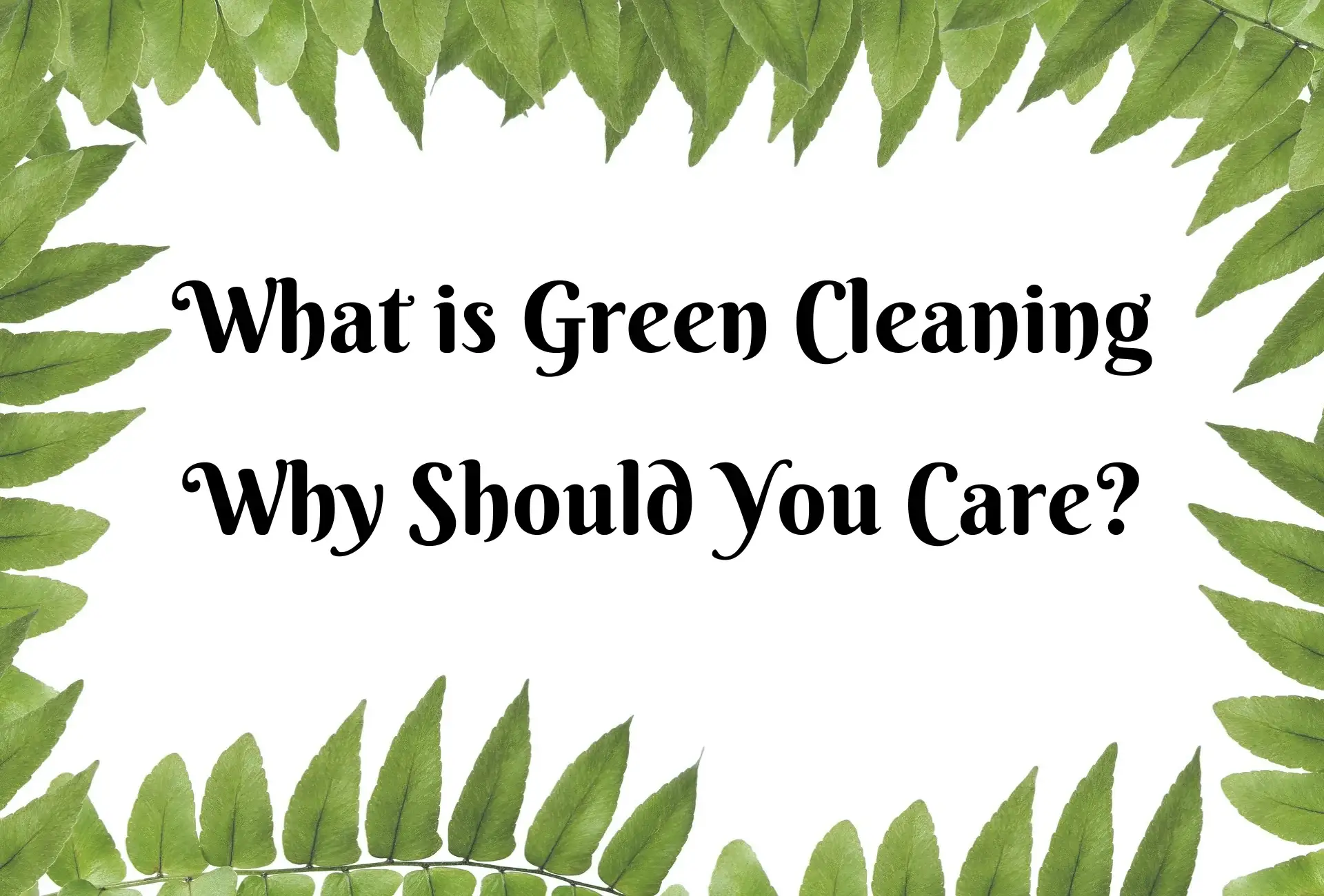Do you want to clean your house in an environmentally friendly way? Green cleaning is the way to go! Green cleaning is the technique of cleaning your home with non-toxic, biodegradable, and sustainable products to lessen your environmental effect.
We’ll cover all you need to know about green cleaning in this blog post, from what it is to frequently asked questions. So, if you want to go green with your cleaning, you’ve come to the correct place!
Detailed information and services about green cleaning are provided by Woodcroft Enterprises. For more information you can visit: Woodcroft Enterprises.
1. Are homemade cleansers effective?
2. What exactly is oxygen bleach, and where can I get it?
When sodium percarbonate is dissolved in water, it produces hydrogen peroxide, which functions as a natural whitener in the laundry. Powdered oxygen bleach can be purchased in the laundry department of most grocery stores with brand names usually incorporating the phrase “Oxy-” or “Oxi-“.
3. Where can I purchase soap flakes?
4. What exactly is washing soda? Where can I purchase it?
Washing soda should not be used on delicate fabrics such as silks, woollens, or vinyl. Most supermarkets have it in the laundry area. You can also call Arm and Hammer’s toll-free number 1-800-524-1328 to find out where it’s sold near you.
5. Is vegetable glycerin required?
Although essential oils can be used as a substitute for preservatives, if you want to make a large quantity of cleaner and save some for later usage, vegetable glycerin will dramatically enhance the shelf life of your product.

